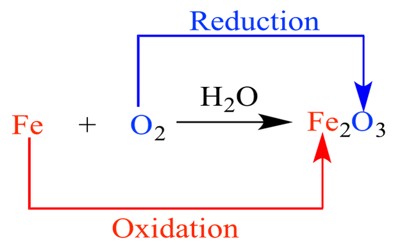
Per the report, the global dance music industry grew 34% in 2022 to reach a valuation of $11.3 billion - a 16% increase from the pre-pandemic period. “The creator-fan set to be at the centre of tomorrow’s dance music world,” states the report. The 2023 IMS Business Report, presented at the summit, notes a rise in “creator culture,” a phrase that describes the increasing number of fans who are making the vault from passive listener to active creator. It can also more directly involve fans - an aspect that currently has particular appeal in the dance space. This could involve the use of an act’s open-source IP to create a single that features their voice, akin to “Heart on My Sleeve.” For some artists, AI may represent a more authentic means for audience connection than, say, a TikTok video.

In addition to enabling a wider net of people to make music, generative AI can empower fans to engage with artists’ music in a new and unconventional manner. In an April 23 tweet, Grimes was vocal about her support for generative AI, claiming that she’d “split 50% of royalties on any successful AI-generated song that uses my voice.” An open-source approach has the power to stimulate the “next generation of creativity,” according to Grimes’ manager, Daouda Leonard. While major labels represent an institution with an interest in protecting assets (and are therefore unsurprisingly skittish about AI), artists appear more optimistic about the role that it could play in the music industry moving forward and could benefit from an ownership standpoint.ĭuring IMS’ “Understanding the Unstoppable” debate, panelists agreed that artists should have the ability to decide whether their IP is open- or closed-source - or, to “opt in” or “opt out” of AI. In the meantime, anxieties about AI-generated music’s capacity to displace production music, proliferate on DSPs, and disrupt streaming income will persist amid positive outlooks on the technology’s upsides. “When new evolutionary technology and something gets mainstream, then the lawsuits start, and we have to wait a few years for the first cases,” said Martin Rüssmann, managing partner of the Germany-based Alba Patera Law Firm. Broadly, they agreed that AI - “undoubtedly the most divisive topic of 2023,” attested music technology journalist and consultant Declan McGlynn - is well ahead of law and poses unprecedented legal challenges.Īs the music industry and legal system scramble to catch up, a surge of lawsuits filed by various entities seeking to protect music-related IP can be expected to follow, not unlike during the Napster era. IMS delegates, including artists, agents, lawyers, label owners, promoters, and other industry professionals, grappled with this reality across three days of programming comprising more than 130 keynotes, panels, debates, workshops, and other educational- and networking-driven events. “Heart on My Sleeve” is proof that conversations about generative AI’s potentials and pitfalls in music are less of an exercise in pre-emption as they are an attempt to regain pace with the technology’s rapid evolution.

The song, realistic enough in sound to support its arc from AI experiment to viral sensation, racked up more than 11 million views on TikTok before it was pulled from digital streaming platforms (DSPs) and social channels on April 17 following Universal Music Group’s invocation of copyright violation. At IMS, “ Heart on My Sleeve,” a deep-fake “collaboration” crafted using AI that simulated the voices of two of music’s biggest stars, Drake and The Weeknd, served as a timely case study of AI as it relates to music creation and intellectual property (IP). To put it in Web3 terms, although generative AI may be in its “1.0 stage” in the music ecosystem at present, its implications for asset production, differentiation, rights, ownership, and artist-fan engagement, warrant discussion. The consensus? “Pandora’s box is definitely open,” Daouda Leonard, CEO and co-founder of Create Safe, proclaimed during a debate touted by conference programming as “possibly the most important IMS discussion of the 2023 event” (“Understanding the Unstoppable: AI & Music Unravelled, The Potential, The Threats, The Future”). From April 26 to 28, some 1,300 delegates across sectors of the dance music industry descended on the Destino Pacha Ibiza resort to, in the theme of the 14th annual IMS Ibiza summit, face the industry’s future in the age of artificial intelligence (AI).


 0 kommentar(er)
0 kommentar(er)
